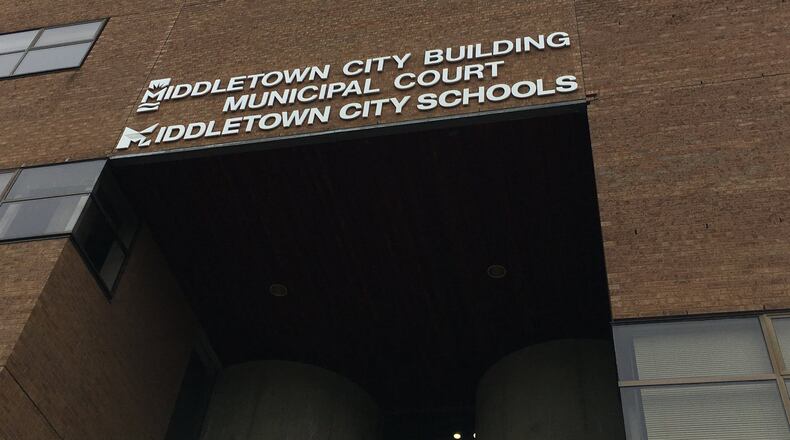NEW: Download the free Journal-News app, your #1 source for Butler County news
Because of the higher health-care costs, the council approved transfer of $1.25 million from the city’s general fund — essentially, its checking account that is used for most purposes — to the city’s employee benefits fund, a month after City Council approved the 2017 general-fund spending plan of $30.3 million. That $1.25 million will serve as a loan to that fund. It follows a $750,000 transfer last year to the same fund.
During the Great Recession, as a way to avoid layoffs, the city decided to self-insure for health care, and that worked out well, Adkins said.
“With the exception of 2013, we kept our spending flat on health care,” he said, “which means even though health-care costs were going up 6-, 8-, 10 percent, we did not increase the amount of money we were spending on health care.”
“This worked fine when we had low-claims years, and at the end of ‘14, we had a positive balance of $1.2 million in that fund,” Adkins said. “It worked for a while.”
In 2015, “We saw dramatic increases in health-care claims from our covered employees,” he said. “Because we are a smaller group, we have volatility — we have up years, we have down years.”
Adkins said city administrators assumed 2015’s high-cost level “was a blip in the radar,” when the general fund last year loaned the $750,000. The city adjusted health-care plans and premiums in an effort to stabilize the fund, so that loan could be repaid.
Then, Adkins said, “2016 comes, and claims have substantially increased over 2015 levels. We have seen multiple cancer claims, premature babies, and new serious chronic conditions in 2016 that we simply have not seen in the last 10-15 years.”
“The good news is that our employees and their families were covered during catastrophic times,” he said. “The bad news, however, is not only have we not been able to pay back the $750,000 that we borrowed in 2015, you now need another $1.25 million to end the year at $0 in the health-care fund, which means we are $2 million in the hole.”
The 2017 budget, which council approved in 2017, assumes 2016 expenses are "the new normal," he said. A city health-care committee has cut coverage and increased premiums to save and generate about $150,000 toward repaying the general fund. Salary and benefits that Public Safety Director David VanArsdale's salary would have earned — he's retiring Jan. 6 — plus some other expenses will be trimmed to cut costs.
“I am putting a hold on all of the new positions we had budgeted for 2017, until at least June 30,” Adkins said, saying that can save $120,000. In all, Adkins has found $613,000 in cost savings to help with the $2 million gap.
“In 2017 — I’ve already talked to the department heads — our policy will be any turned-over position will remain vacant for 90 days,” Adkins said. “I reserve the right, respectfully, to not do that if there’s something that’s critical.”
Plus, there was a $400,000 claim that was paid that the city is appealing, with hopes of being reimbursed for that amount, Adkins said.
He hopes to be able to repay $1 million of the $2 million in loans, and promised to report quarterly on the situation to his bosses on council “so we don’t let this get far away in 2017.”
If the situation worsens, premiums can be changed, and, “there are things that we can do, all the way up to laying people off,” he said. “This is the best plan that we could put together for you tonight.”
Over the next few years, the city will have to carefully manage the health-care program, he said.
“We can always get more aggressive,” he added. “It means probably laying people off, if you want to get it done faster than that.”
About the Author
